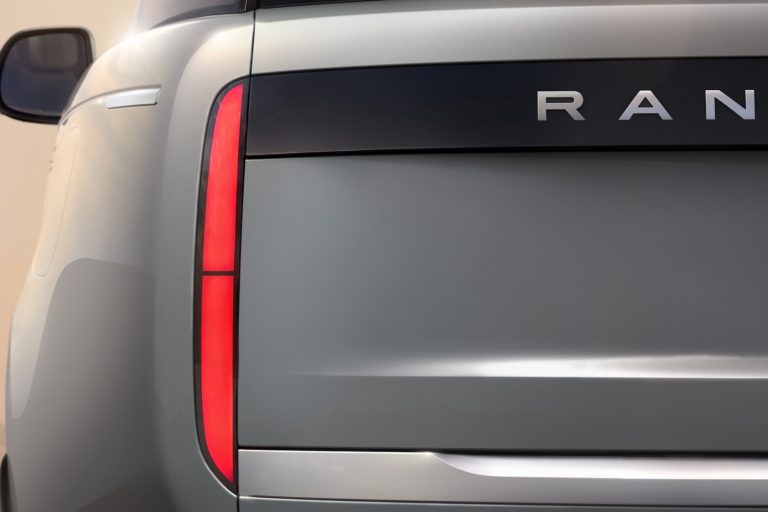We know nothing yet about the powertrain in the Land Rover Range Rover Electric, but the automaker has made a point of saying that it’s spent a year in development and evaluations to ensure a true Land Rover product. This includes testing for robustness, chassis demands, water wading, and extreme temperature changes. The latter was aimed at making sure the electric setup and battery can withstand the harshest of conditions so it can traverse every imaginable terrain. We know the Range Rover EV is capable of wading in water up to 850 mm (around 33.5 inches) deep, which isn’t too far off the combustion-powered model.
No outputs have been given, but the brand stated that performance will be comparable to the V8-powered Range Rover. The current P530 V8 makes 523 horsepower and 553 lb-ft of torque, although the SV models make as much as 606 hp from their V8. It remains to be seen which figure the new Range Rover Electric will compare to, but we assume the electric SUV will be one of the most powerful models to balance out its expected weight gain.
It’s safe to assume that whatever powers the 2024 Range Rover Electric will be potent enough to go from 0-60 rapidly while still managing to crawl over rocks and make its way up a mountain. The slowest models in the existing range reach 60 mph in under six seconds. Top speed of the non-electric models can be as high as 162 mph, but the PHEV is limited to 140 mph. The EV should be somewhere in between, but it may lose out on towing capacity, which varies between 7,700 and 8,200 lbs on gas-only models.
One aspect we can comment on is the potential on-road comfort and serenity; Land Rover makes a big deal of working to create the quietest and most refined Range Rover ever, so we expect an isolated drive with refined driving manners from behind the wheel.


